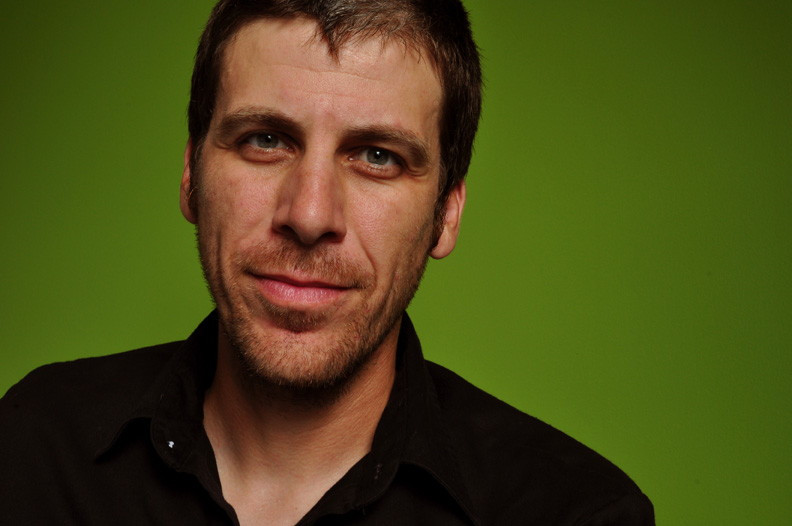Making a personal story into a universal one
Metis filmmaker Shane Belcourt discusses his experience creating Tkaronto
Shane Belcourt is getting back to his roots.
The Ottawa-born Metis filmmaker, and son of aboriginal rights leader Tony Belcourt, will be in town this week for screenings of his feature film Tkaronto at the Cinematheque.
Along with attending the screenings, Shane will be hosting a cinematography workshop, giving talks on his personal experiences in filmmaking, as well as screening some of his short films.
You could say that Belcourt has taken a rather unconventional approach to pursuing his dream of being a filmmaker, as he dropped out of film school at York University after three years and never returned.
“It didn’t feel like I was dropping out, it was more like seizing an opportunity,” Belcourt said over the phone shortly after arriving in Winnipeg last week.
“All the great ones apparently dropped out,” he later joked.
Belcourt, who started out making documentaries and shorts films, is also a musician, and a Juno-nominee, producing the 2006 album Seeds by Digging Roots.
But he admits film was always his main passion, and is a passion which he hopes to inspire others into pursuing also.
“Through learning the ropes what I found was that I just needed to take the camera out of the bag, use what’s around me and make something happen,” Belcourt explained.
“ Through learning the ropes what I found was that I just needed to take the camera out of the bag, use what’s around me and make something happen.
Shane Belcourt on filmmaking
Belcourt’s labour of love, Tkaronto, is a very personal film following the lives of two aboriginals (one Metis, one First Nations) living in Toronto, who connect over themes of identity, heritage and understanding how to remain connected with your surroundings in an urban landscape.
“Urban aboriginal experiences or any kind of human experiences come out of trying to understand ‘how do you fit into the whole?’. What is your cultural identity in a place where it’s not supposed to matter? I think everyone can identify with that,” said Belcourt.
“It’s an ongoing question, it’s an ongoing experience.”
Belcourt admitted that he has been surprised by how the film has been received and embraced by audiences all over Canada.
“This is a personal story told through my experience. I had no idea it would resonate with people who were or even weren’t aboriginals. I’m overwhelmed at how it’s been received, by anybody. I mean, we made the film for $25,000. It was the line of credit that I and my wife had from our house, and we wanted to make a film. There was no kind of further big picture stuff going on,” Belcourt explained.
The film has now almost taken on a life of its own, Belcourt said, becoming embraced by people of all different backgrounds who identify with its universal themes of the desire to belong and understand your true identity.
“It’s a weird thing. Once you get it done and say ‘there, that’s it’, it really is strange. I get much more nervous at screenings of the film than I ever did at music gigs. In a music gig, you get out onstage, and once you see the audience you can customize your set in some way that fits. With a film it’s different, all you can do is press play and wait ‘til it’s over. It’s really out of your hands.”







